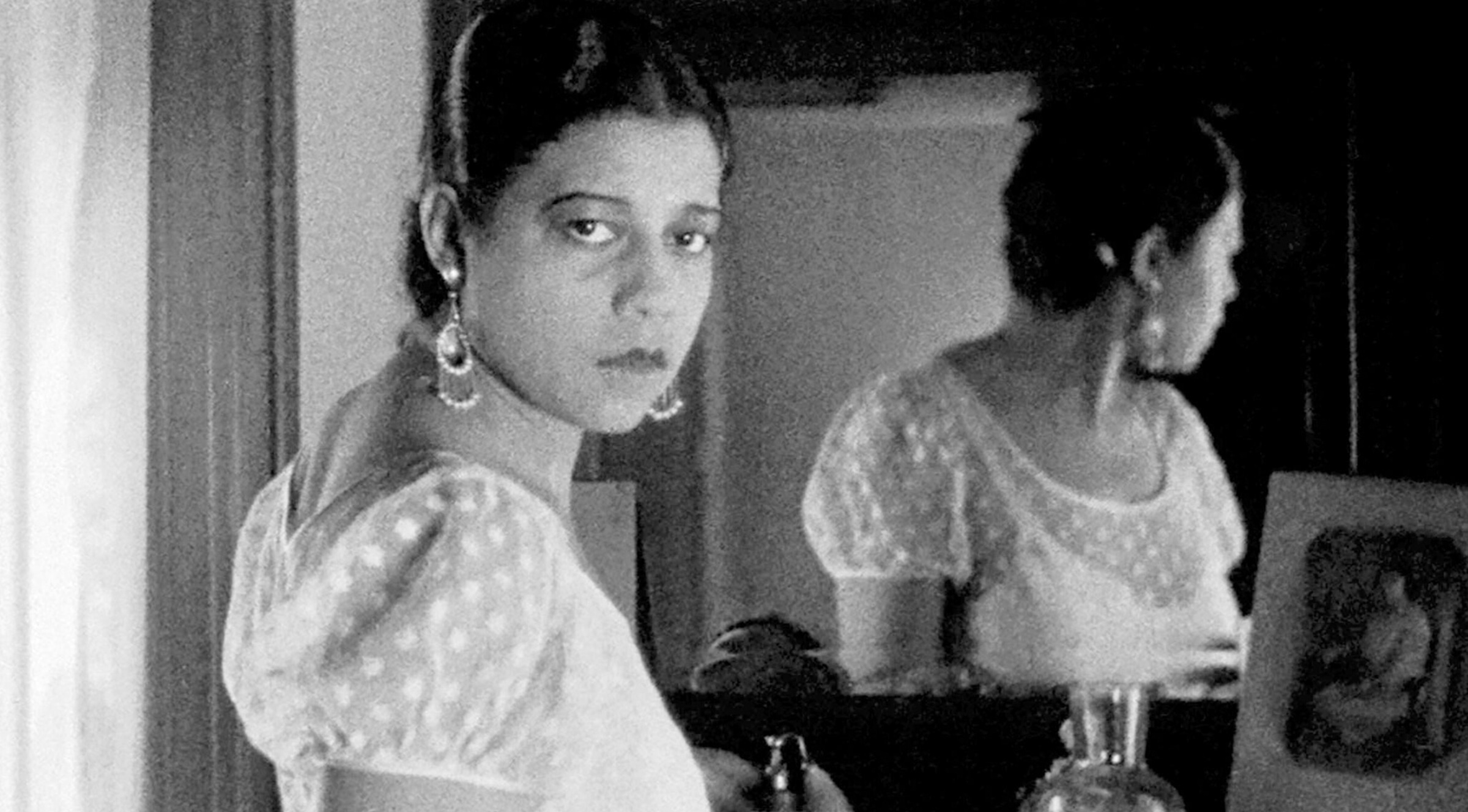You can read the program essay for our 2016 screening of Within Our Gates here
“I have always tried to make my photoplays present the truth, to lay before the Race a cross-section of its own life, to view the Colored heart from close range. It is only by presenting those portions of the Race portrayed in my pictures, in the light and background of their true state, that we can raise our people to greater heights.” —Oscar Micheaux, January 24, 1925
At the age of 17, Oscar Micheaux took a job as a Pullman porter and saved enough money to purchase land in Gregory County, South Dakota, where he was the first black homesteader. It was here that he began writing autobiographical novels, publishing and distributing them himself. Sales from his first book, The Conquest, financed the writing of his second, The Forged Note. He soon abandoned homesteading to embark on a second career as an author.
His next novel, The Homesteader, caught the eye of George P Johnson of the black-owned Lincoln Motion Picture Company. He offered to pay for the rights to The Homesteader, but Micheaux had his own plans: he would sell only if he could direct the picture himself. Johnson balked, thus convincing Oscar Micheaux to become a motion picture producer-director.
One of the earliest known films by an African American is The Pullman Porter (1910) by William Foster, and Peter P. Jones made newsreels on subjects such as Booker T. Washington’s Tuskegee Institute. But it was not until the release of The Birth of a Nation (1915), originally titled The Clansman, that blacks sought to forge a strong independent film movement. The Birth of a Nation glorified the Ku Klux Klan, inciting riots and demonstrations all across America, and the NAACP, founded in 1909, advocated the prohibition of further screenings. Its fears were not unfounded; in the four years between the release of The Birth of a Nation and Within Our Gates, there were 278 documented mob lynchings of blacks in America. Films such as Peter P. Jones’s The Re-Birth of a Nation (1916), and Emmett J. Scott’s The Birth of a Race (1918) were conceived as direct responses to D.W. Griffith. But it was not until Oscar Micheaux’s first film The Homesteader (1919), that a feature-length motion picture by blacks, for blacks, and about blacks could be seen in theaters.
Making films for a black audience, and making sure a black audience could see them, were two separate but equally difficult challenges. In the tradition of black filmmakers that preceded him, Micheaux convinced white owners of segregated theaters to book special midnight screenings for black audiences—later known as Midnight Rambles—and he showed his films at community centers and churches, often referred to as the Chitlin’ Circuit.
Within Our Gates was produced on a $15,000 budget from an original screenplay written by Micheaux himself, and it was photographed in friends’ homes using borrowed props and costumes. There was no money for retakes. There are few records of his working method, but Micheaux was known as a charming and flamboyant artist with a keen business sense. Lawrence Chenault, who appeared in many of his films, described him as someone who “stepped out of cars as if he were God about to deliver a sermon.”
Micheaux met with opposition throughout his career from both the white community and black leaders for depicting interracial relationships, perpetuating stereotypes regarding light-skin blacks and dark-skin blacks, and for portraying the clergy in a negative light. Even when Micheaux allowed his films to be cut, he did so only under protest, as is illustrated by a statement he made in reply to the Virginia Board of Censors in 1925: “There has been but one picture that incited the colored people to riot, and that still does; that picture is The Birth of a Nation.”
Oscar Micheaux is still relatively unknown to modern audiences, and it has only been in the last ten years, with the rediscovery of Within Our Gates and The Symbol of the Unconquered (1920), that it has become possible to reexamine his early career. In 1986, he was posthumously admitted to the Director’s Guild of America, and the following year he was given a star on the Hollywood Walk of Fame. 2001 marks the 50th anniversary of his death, and for the American film industry, whose early milestones—The Birth of a Nation and The Jazz Singer—are marred by prejudice and racial caricature, resurrecting Oscar Micheaux represents a small step toward correcting gross imbalances in historical representation.
Presented at SFSFF 2001 with live music by Michael Mortilla

